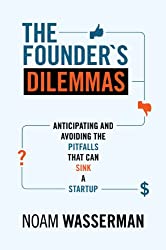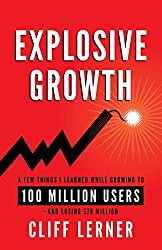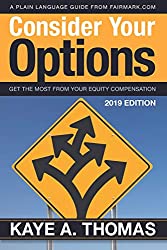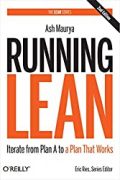
Rating: 7.7/10.
Founders have to make a lot of critical decisions during the course of a startup, that will affect its outcome years down the line. The first decision is whether to quit your job and do a startup: ideally you should have the right career conditions (knowledge of an industry), supportive family, and the right market conditions, and waiting too long can tie you down with career “handcuffs”.
Next, how to choose cofounders? Best if your cofounders can fill your gaps, and too similar background is bad because you have overlapping strengths. Too many founders introduces overhead and it’s difficult to fire a founder. Risky to found with previous friends or family, because it’s hard to keep personal and business relationships separate. Good idea to try working together on a smaller project first before cofounding, which is like getting married. Also good to set up a clear hierarchy of which executives have control over what parts of the company, so you don’t fight with each other.
How to split equity is an important question: tempting to just split 50-50, but this is usually a mistake, and surprisingly, how much thought the founders give to this issue is a good predictor of success. If the allocation is static, a founder could just leave and take a large chunk of equity, which would’ve been useful for attracting early talent. Dynamic vesting is a good idea; it’s important to make the distribution fair, or else tensions could destabilize the startup. Thus the 3 R’s must be aligned: roles (hierarchy within company), relationships (social relationships outside the company) and rewards (equity split).
Three ways to get investment are: friends / family, angel investors, and VCs. Taking money from family is a bad idea because it’s too easy (your idea might actually suck) whereas VC funding gives a reputation boost and access to connections. They’re good for growing quickly, but you lose a lot of control when they take board seats. They would prefer you to go bankrupt or go big, they aren’t looking for small exits. When the startup reaches a certain size, the founder often gets replaced with a different CEO who knows how to manage a mid-sized company; it’s important to consider the exit possibilities from the beginning.
There’s a fundamental tradeoff between the wealth and control outcomes, and it’s difficult to achieve both. Neither is better than the other, rather the founder should consider his motivations for doing the startup, and make consistent decisions throughout the process to get what he wants. To maximize wealth, you should aggressively grow the company and seek external expertise, but this comes at the expense of losing control over the company’s direction.
Overall a very informative book that goes through the entire startup process from start to finish, and backs up their claims with data from hundreds of startups. The writing is a bit dry though, and I didn’t like their case studies: they use real-life examples from startups to illustrate their points, it jumps around too quickly between a lot of startup examples, so it’s hard to follow them.



